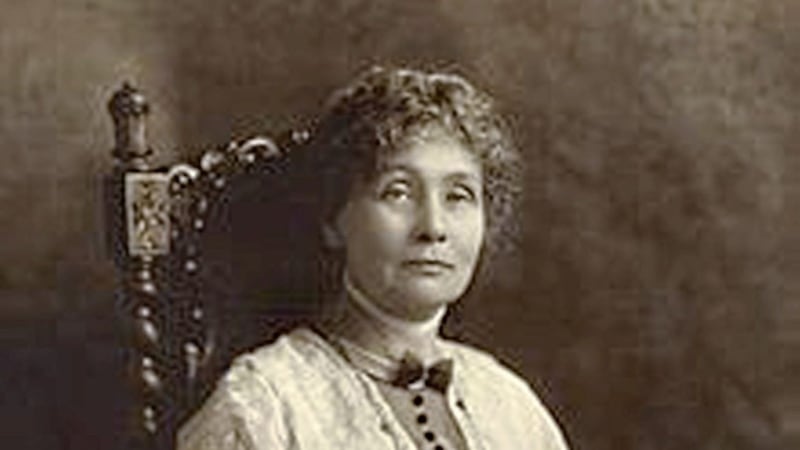This week marked 100 years since women won the right to vote, with much celebration to commemorate this historic event.
Only it didn’t. The Representation of the People Act 1918 only granted women over 30 who had property rights or a university education a vote.
That amounted at the time to just under 40 per cent of adult women receiving the right to vote or stand in elections.
At the same time men over the age of 21 regardless of social status were granted voting rights.
It would be another four years before all citizens of the then Irish Free State ‘without distinction of sex, who have reached the age of twenty-one years’ were given a vote.
However, as we all know by then the island had been partitioned and the rights awarded to our sisters in the Republic didn’t apply to those living in the newly formed Northern Ireland.
Votes in local council elections were still dependent on property ownership in Northern Ireland until 1969 with property owners and company directors still casting multiple votes.
How many women do you think that included?
Even the civil rights campaign for equality used the slogan, ‘One man one vote’, not one person.
We owe much to the women involved in that first wave of feminism, who risked jail, social ridicule and separation from their children to campaign for political rights for women.
But while women like Hanna Sheehy Skeffington and Countess Markievicz ploughed a path it was only a beginning.
It is those who, amid a background of conflict in bleak 1970s Ireland, fought for basic workplace and healthcare rights, that my generation owes so much.
The recent controversy around the origins of the civil rights movement and who was or wasn’t there, caused me to raise my eyes to the sky.
The clamour by men to place themselves at the birthplace of that movement reminded me of a conversation I had recently with an academic carrying out research into women in the public eye.
Men always seem to overplay their role in any event, historical or otherwise, whereas women downplay their achievements.
I had been telling the academic about the kind of hassle I would get as a female reporter but noted that there are people who are much worse off than myself, and there are.
She told me every single woman she had interviewed had said exactly the same thing, and yet she’d never met or interviewed a man who expressed the same sympathies towards others.
Women often downplay their experiences and achievements.
But that’s also what made the women’s movement so powerful and effective, people like Inez McCormack, Bernadette McAlliskey, and Nell McCafferty sought not to place themselves in key events for the glory of it, instead they just wanted to make the world better for other women.
It would shock many younger women to know that contraception without a prescription was only made available in Ireland in 1993.
Before then women could and did give birth, some almost every year of their adult married life, until their bodies were exhausted and their spirits broken.
Women who battled through the trade unions so that others, like my mother who cleaned to feed her children, were given decent working conditions and rights.
Women who made it possible for those who came behind them to aspire to be better, to obtain what was previously unthinkable and refuse to be spoken to and treated like second class citizens.
But, as they say, a woman’s work is never done, and as we are now in this third wave of feminism we cannot be the women who fail our generation and those coming behind us.
The gender pay gap still exists, there is not equal pay for equal work. Welfare cuts impact on women in low paid, part time labour, who must not be abandoned, the right to body autonomy remains an aspiration for those living in this part of the island and recent sexual abuse allegations show how powerful men continue to exploit young women with impunity.
One hundred years is a long time, but not long enough to free us all, and until we are all equal then none of us are.








